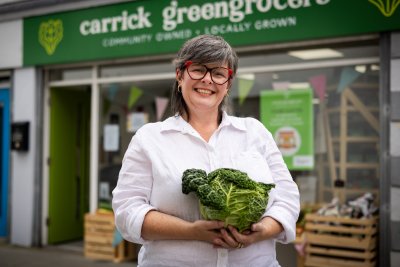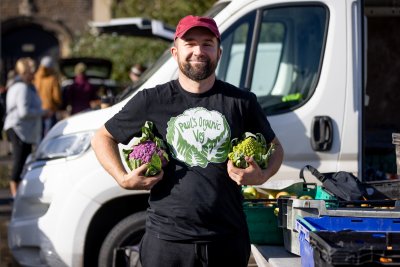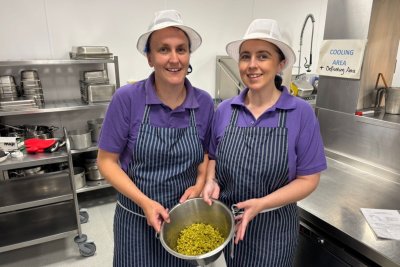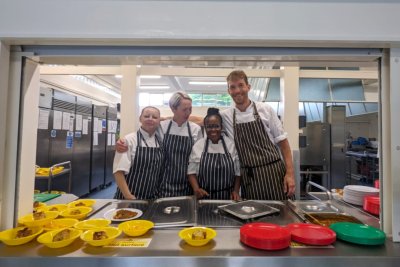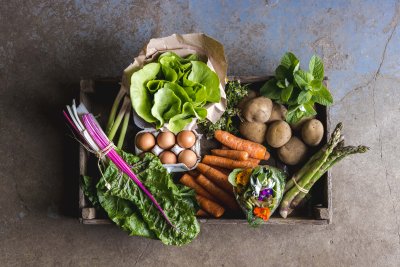But a House of Lords report published today concludes that leaving the customs union would lead to average tariffs on food of 22% and that there is ‘no doubt that prices paid at the checkout would rise’. If the Government chooses to cut tariffs to counter then this would pave the way for low welfare, low quality produce which would undermine UK farmers and food producers.
The report aired a number of concerns about the price and availability of food after Brexit, including food being caught up in increased border checks, uncertainty about our ability to simply ‘roll over’ existing EU trade agreements and an historical decline of self-sufficiency in food production. “The Government may not be worried about the potential for Brexit to impact on the price and availability of food” says the report, “but the representatives of the food and farming industry, importers, port authorities and consumer organisations were vocal in their concerns.”
Furthermore, any increase in food prices could add to the difficulties of the one in five UK households currently experiencing or being "on the margins of’ food insecurity". The report fears that current nutritional divides between rich and poor will widen. “Those who can afford it will be able to buy high-quality local produce. Those who cannot afford that option may well base their diets on cheaper, imported food, that witnesses were concerned could be produced to lower standards to keep costs down.”
Sustain CEO Kath Dalmeny said: “We echo the Lords’ call for a long term food policy for the UK. Advocates for cheap food imports rarely factor in the true costs to the farmer or producer, to animal welfare, the environment or UK food and farming jobs. UK families experiencing food insecurity will find it hard to avoid cheap food imports that could have a serious impact on their health. We need good affordable food, not cheap food.”
Good Food Trade Campaign: Campaigning for good trade that benefits people and the planet at home and overseas.

